Creating an online workshop can feel overwhelming, right? With all the tech tools, content planning, and audience engagement, it’s easy to get lost in the details. But don’t worry—you’re not alone in feeling this way!
If you stick around, I promise you’ll discover a straightforward way to craft your online workshop, from choosing a topic to ensuring it runs smoothly. You’ll gain the confidence and know-how to turn your ideas into an interactive and engaging experience for participants.
We’ll walk through essential steps: defining your topic, understanding your audience, and promoting your workshop. By the end, you’ll be ready to create something fantastic and share it with the world!
Key Takeaways
Stefan’s Audio Takeaway
- Choose a workshop topic you’re passionate about and set clear goals for what participants will learn.
- Research your audience to tailor your content and validate your workshop idea.
- Create a detailed agenda to keep both you and participants on track during the session.
- Select a user-friendly online platform that fits your workshop’s needs, ensuring it supports key features.
- Use engaging materials and incorporate interactive elements to maintain participant interest.
- Promote your workshop through social media and email marketing to attract a larger audience.
- Test your technology beforehand to ensure a smooth experience during the workshop.
- Conduct the workshop professionally, welcoming participants and encouraging interaction.
- Gather feedback to improve future workshops and encourage active participation throughout.
- Follow up with participants, providing a recap and additional resources to build a strong relationship.

Step 1: Define Your Online Workshop Topic and Goals
Kick things off by pinpointing what your online workshop will cover and what you hope to achieve with it.
Your topic should be something you’re passionate about and that resonates with your target audience.
Consider the specific problems you can solve or knowledge you can share that provides value.
For instance, if you’re a graphic designer, you could host a workshop on creating engaging social media graphics.
Set clear goals, like teaching participants a new skill or improving their understanding of a concept.
This will guide your planning and help keep your workshop focused and purposeful.
Step 2: Research Your Target Audience and Validate Your Idea
Once you have a topic, it’s time to dig into who will be attending your workshop.
Take a moment to think about the demographics of your audience, such as age, location, and interests.
Don’t be shy—reach out via social media or surveys to get direct input on what they’re looking for.
A quick chat can save you a lot of effort later on; ask questions like, “What challenges are you facing?”
You might also want to consider running a pilot session to see if your idea resonates.
Having that validation can provide a confidence boost and give you clarity on how to proceed.
Step 3: Create a Detailed Workshop Agenda
Crafting an agenda is like building a roadmap for your workshop—it keeps you and your participants on track.
Outline the main topics you’ll cover and break them down into manageable segments.
For example, if you’re conducting a writing workshop, you might start with brainstorming, move on to drafting, then edit and revise.
Be sure to include time for questions and interaction to keep things engaging.
Having a detailed agenda makes sure you’re not scrambling during the session and helps participants know what to expect.
Sharing this agenda with them in advance can also boost attendance and engagement.

Step 4: Select the Right Online Platform for Your Workshop
Choosing the right platform can make or break your online workshop experience.
Consider platforms like Zoom, Google Meet, or Microsoft Teams, which offer features like screen sharing and breakout rooms.
Look for user-friendly interfaces; you want participants to focus on your content, not figuring out the tech.
If you’re planning to record your workshop, ensure that the platform supports this feature.
Additionally, explore dedicated platforms for online workshops, such as Teachable or Thinkific, which often offer more tailored functionalities.
Taking time to evaluate and test various options can lead to a smoother experience for everyone involved.
Step 5: Prepare Engaging Materials and Interactive Elements
Your workshop materials should be crisp, relevant, and interactive to keep participants engaged.
Create visually appealing slides using tools like Canva to enhance your message effectively.
Include interactive elements, such as polls, quizzes, and breakout discussions to foster participation.
For example, if you’re teaching a skill, consider incorporating a live demonstration.
Also, give handouts or resources so participants can follow along, which enhances retention.
Fun fact: 70% of e-learning professionals report that online courses are the top revenue sources for their income due to such engaging formats!
Step 6: Promote Your Online Workshop Effectively
Creating a buzz around your workshop is essential for attracting participants.
Utilize social media platforms to reach your target audience; consider running targeted ads if your budget allows.
Email marketing is also a powerful tool—send engaging newsletters announcing your workshop details.
Partner with influencers in your niche to amplify your reach; they can help you tap into a ready-made audience.
Offering early bird discounts or creating urgency with limited seats can motivate people to register.
Also, don’t forget to share testimonials and success stories from previous workshops to build credibility.
Step 7: Test Your Technology Before the Workshop
Never underestimate the importance of a tech run-through before the big day.
Check your internet connection to avoid any hiccups during the workshop.
Test your microphone, camera, and any software tools you plan to use.
If you’re using features like screen sharing or polls, ensure they work as expected.
It’s also wise to play the role of participant and try joining the session from another device.
This will give you insight into the user experience, so you can make adjustments if needed.
Step 8: Conduct the Online Workshop Professionally
Starting strong sets the tone for your workshop.
Begin with a warm welcome and introduce yourself and your agenda to set expectations.
Keep the energy high and be engaging; your enthusiasm will be contagious.
Encourage participants to ask questions and share insights throughout to keep discussions lively.
Remember to stick to your agenda, but also stay flexible in case conversations evolve naturally.
Closing with a strong summary reinforces key takeaways and leaves participants with a sense of achievement.
Step 9: Encourage Participation and Gather Feedback
Active participation is essential in making your workshop a success.
Use icebreakers or fun questions to get everyone talking right off the bat.
Constantly invite input; phrases like “What do you think about this?” can work wonders.
Leverage tools like Google Forms or SurveyMonkey to gather feedback after the session.
This feedback will be invaluable for making future workshops even better.
Celebrate participation and contributions during the workshop to create a positive atmosphere.
Step 10: Follow Up and Evaluate Your Online Workshop
Wrapping up with a follow-up can boost relationship-building with your participants.
Send a thank-you email, including a recap of the workshop and any additional resources or links.
Consider offering a certificate of participation, which can add value to their experience.
Evaluating your workshop’s success through the gathered feedback can guide your future sessions.
Remember to analyze what worked and what didn’t, and adapt accordingly.
Ultimately, this will not only enhance your skills but also help create a loyal community around your workshops.
FAQs
Consider your expertise, market demand, and audience interests. Clear goals help guide your content creation and assessment of success, ensuring the workshop serves both your objectives and participants’ needs.
Utilize social media, email marketing, and partnerships to reach a wider audience. Create engaging promotional content that highlights the workshop’s value and unique selling points to attract participants.
Test your internet connection, audio, video, and presentation software. Familiarize yourself with the webinar platform features (like screen sharing) to ensure a smooth experience during the workshop.
Use interactive elements like polls, Q&A sessions, and breakout rooms. Encourage questions and discussions, creating a welcoming environment that motivates attendees to engage and share their thoughts.
